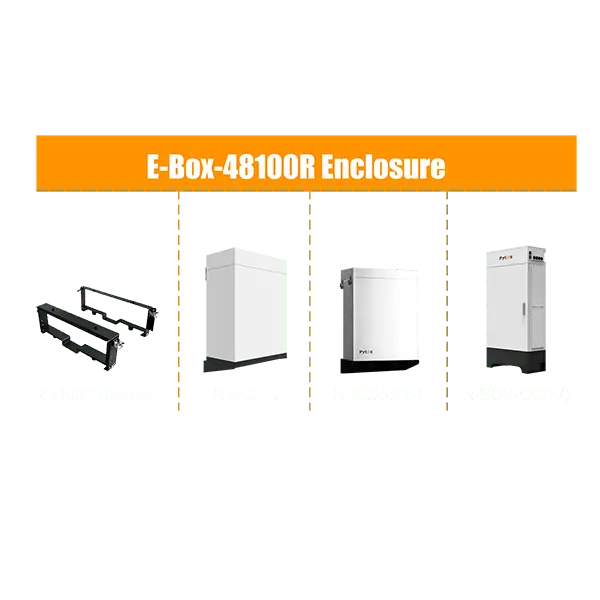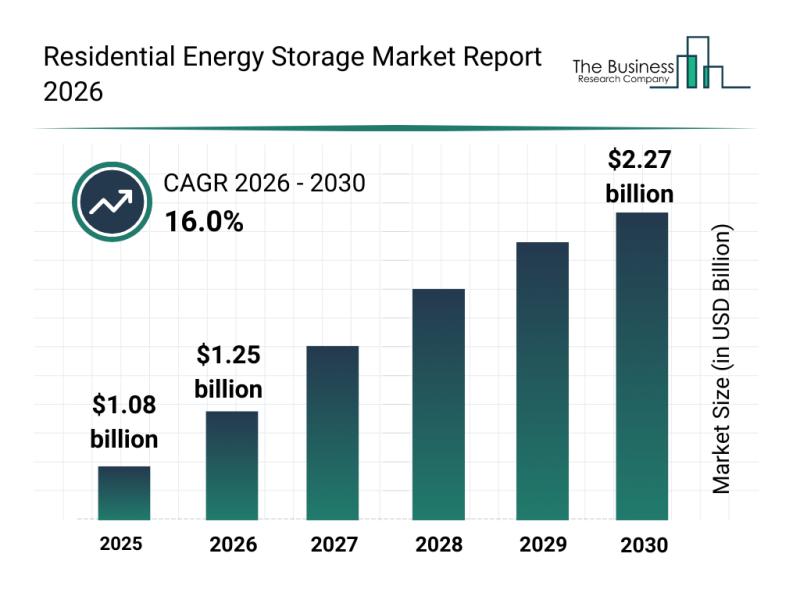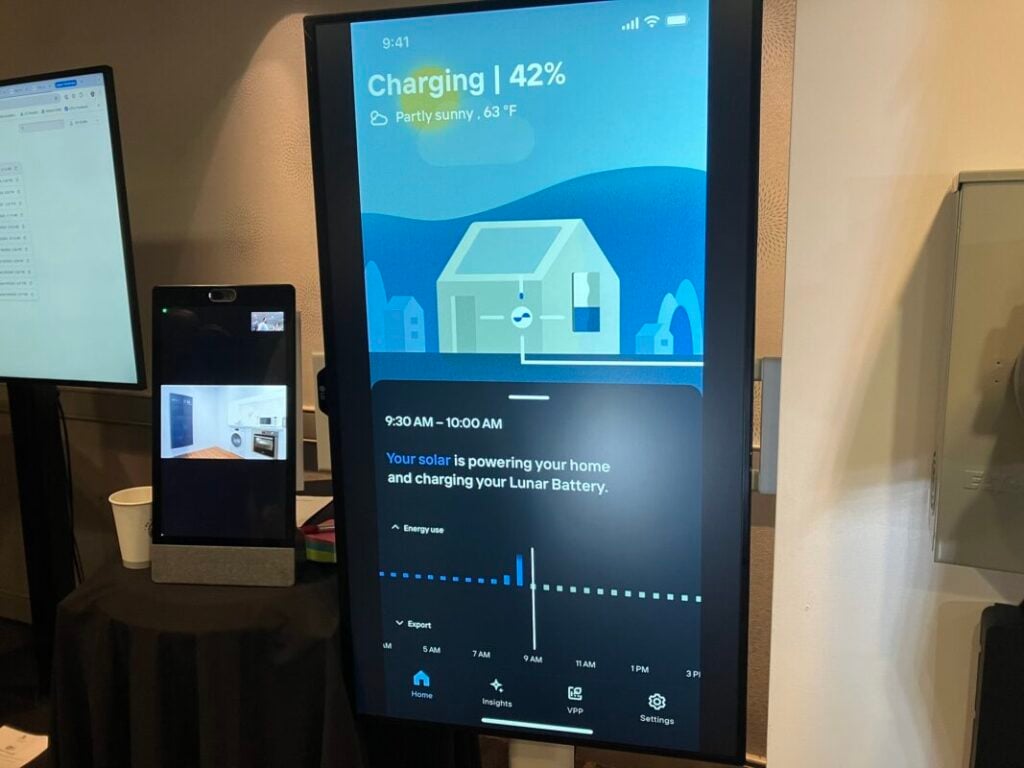In this age of increasing reliance on electricity, power outages can be inconvenient and disruptive, especially for homeowners. To combat this problem, many households are turning to home backup batteries as a reliable source of emergency power. However, it is crucial to understand the lifespan of these batteries to ensure their long-term effectiveness and efficiency. In this blog post, we will delve into the topic and shed light on the factors that influence the lifespan of home backup batteries.
Home backup batteries, also known as residential energy storage systems, are devices that store electricity generated from renewable energy sources or the grid. These batteries can be charged during off-peak hours or when excess power is generated, ensuring stable power supply during power outages or high electricity bills. They offer many benefits, including reducing reliance on the grid and can significantly reduce energy bills.
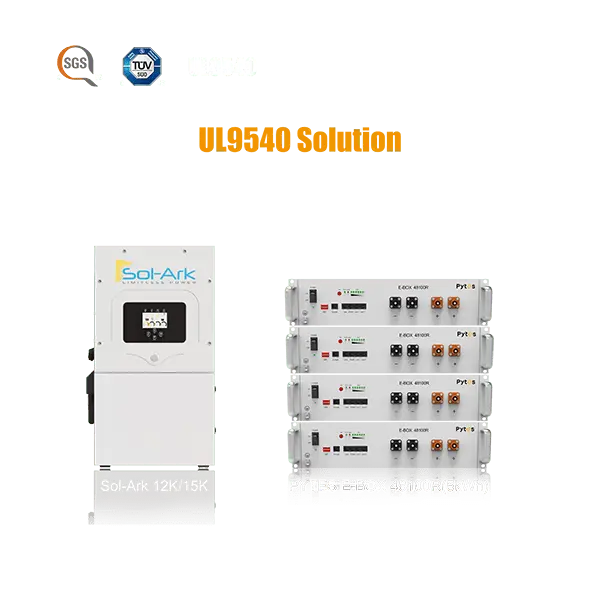
The length of time a backup battery can power your home depends on several factors:
1.Battery Capacity: Battery capacity is typically measured in kilowatt hours (kWh). The larger the battery capacity, the longer it will power your home.
2.Battery Efficiency: No battery is 100% efficient. Some of the stored energy will be lost in the conversion from DC to AC. The higher the efficiency, the less energy is lost.
3.Home energy usage: This depends on the number and types of appliances and systems in your home and how often they are used. On average, U.S. households use approximately 30 kilowatt hours of electricity per day. However, during a power outage, you may be able to save energy by only powering essentials, thereby significantly reducing usage.
As a rough guide, a typical residential backup battery will typically have a capacity between 10-15 kWh. If only basic household appliances are used, a 10 kWh battery can usually provide at least 24 hours of power. Combining multiple batteries can extend this duration.
The average U.S. household uses approximately 28 kilowatt hours (kWh) of electricity per day. Battery capacities of 10-20 kWh can provide considerable backup power for critical equipment and appliances during brief power outages or brownouts.
However, for homes with higher energy consumption or specific requirements, a more detailed analysis may be required to determine the appropriate size of backup battery required.
Here are some examples of typical energy use:
Refrigerator: 1-2 kWh per day
Air conditioning: 3-5 kWh per day
TV: 0.1-0.5 kWh per day
Lighting: 0.5-1 kWh per day
By adding up the estimated energy usage of each type of device and appliance in your home, you can estimate the size of the backup battery you need accordingly.
How Much Electricity Can A Solar System Produce?
The amount of electricity generated by a solar system is affected by a variety of factors, including its size and type, location and climate, and the amount of sunlight it receives. Typically, a solar panel can produce 100-400 watts of power. While this may not seem like a huge amount of power, when you consider that most solar systems have multiple panels installed, the total output can quickly add up, producing several kilowatts of power.
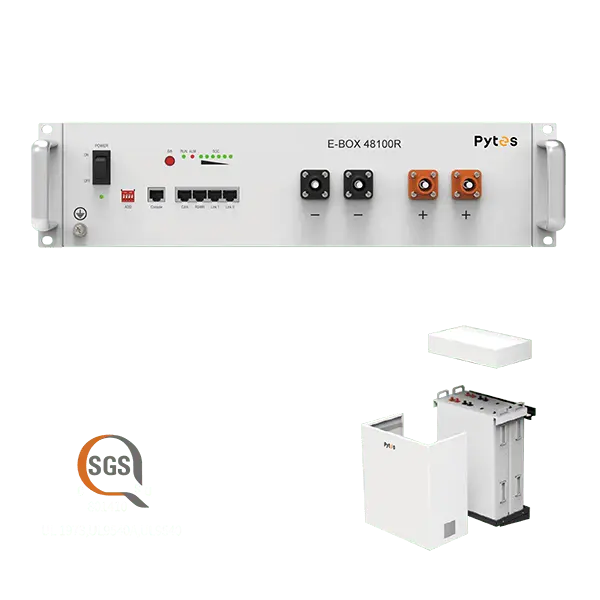
The lifespan and performance of household batteries can be affected by a variety of factors. Here are some important considerations that can affect home battery life:
1.Temperature: Extreme temperatures (whether hot or cold) can adversely affect the chemical reactions within the battery, resulting in reduced performance and reduced capacity.
2. Depth of Discharge (DoD): The extent to which a battery is discharged and subsequently recharged affects its lifespan. Regularly discharging a battery beyond recommended limits will shorten its overall service life.
3. Cycle count: The number of charge and discharge cycles a battery undergoes causes it to wear out. The more cycles, the shorter the battery life.
4. Physical Damage: Properly placing and protecting your battery can prevent accidents and physical damage, which can seriously affect its performance and lifespan.
5. Battery Type: Battery Type: Lithium-ion batteries are commonly used in household applications because they are able to withstand deeper discharges and provide longer service life than other battery types.
While there are various energy storage batteries on the market, one noteworthy option is the Pytes E-Box-48100R, which takes the benefits of battery energy storage to the next level. E-Box-48100R is an advanced solar battery storage system developed and produced by Pytes. It has passed UL9540 and UL9540A solar battery certification.
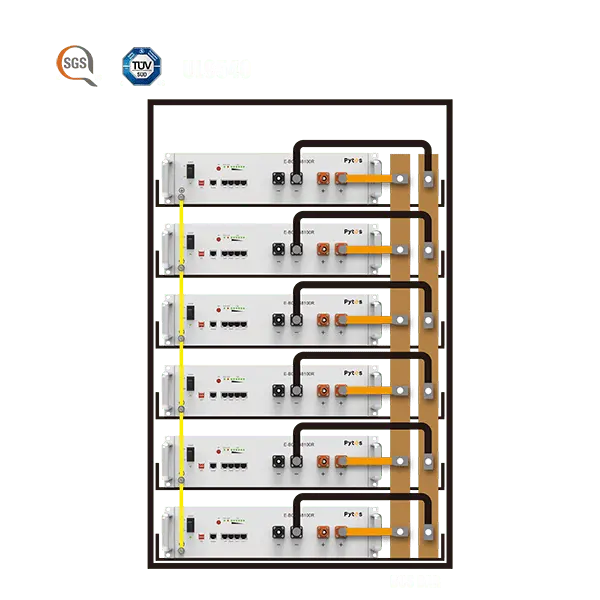
The system uses 48-volt lithium iron phosphate batteries to provide safer and more efficient energy storage, making it a smart choice for homeowners for battery replacement, expansion, or new installations.
1.Features of Pytes E-Box-48100R
One of the features of the E-Box-48100R is that it is compatible with most of the leading inverters on the market, one of which is the Sol-Ark Residential Inverter. No matter the make or model of your inverter, you can seamlessly integrate this solar battery storage system into your existing setup. This versatility comes in handy for homeowners looking to upgrade their energy storage capabilities without having to replace their entire solar system.
2.Advantages of Pytes E-Box-48100R
The main benefit of the Pytes E-Box-48100R is that it enables homeowners to store energy generated from renewable sources. By capturing and storing this energy, homeowners can significantly reduce their reliance on the grid, saving costs and enabling a more sustainable lifestyle. The solar cell storage system is rated for over 6,000 cycles at 90% depth of discharge (DOD) and 80% retention at 25°C for long life.
3. Pytes E-Box-48100R Has A Wide Range of Applications
The applications of the Pytes E-Box-48100R are wide and varied. It can be used in off-grid installations to provide energy storage in remote areas or during power outages. Additionally, it is an excellent backup solution ensuring uninterrupted power during critical moments. The system also supports zero sockets, time-of-use, demand response, peak shaving and virtual power plant applications, giving homeowners greater control over energy use and costs.
In addition, the Pytes E-Box-48100R is compact, flexible and easy to install, thinner than most 5kWh server rack batteries, can be installed vertically and horizontally, comes with brackets (E-Box-48100R Brackets) and battery housing, wall-mounted,floor-standing or server rack-mounted (R-BOX-B, R-BOX-IP64, R-BOX-OC(IV)). It is suitable for powering household appliances, electrical systems and uninterruptible power supply units. Market-leading performance and safety achieved through a state-of-the-art battery pack design, making it ideal for residential and commercial applications.
